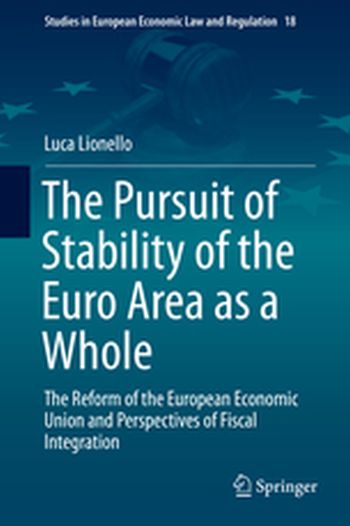
This book analyses the ongoing reform of the European economic union in the light of the new objective of 'stability of the euro area as a whole' in Article 136(3) TFEU. On the basis of the relevant legal sources, it qualifies this objective as the obligation to preserve the existence of the monetary union, the establishment of which was an EU goal laid down in Article 3(4) TEU. While to date the objective has been achieved through fiscal and macroeconomic consolidation in the member states and the activation of stabilisation mechanisms in cases of emergency, the book argues that full stability requires a better system of economic governance, either through a process of partial fiscal centralisation or the return to a more efficient and sustainable market discipline of public finances. It also analyses the concrete legal challenges these raise, including compliance with the conferral principle, the longstanding democratic deficit of the governance and the balance between financial solidarity and fiscal responsibility.